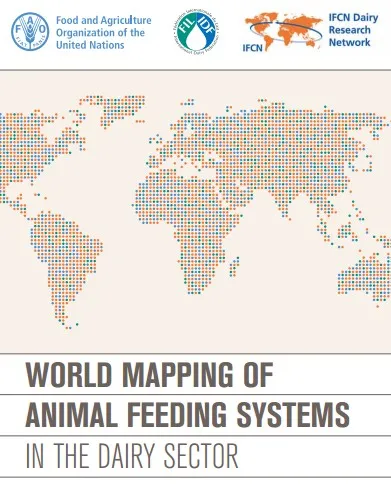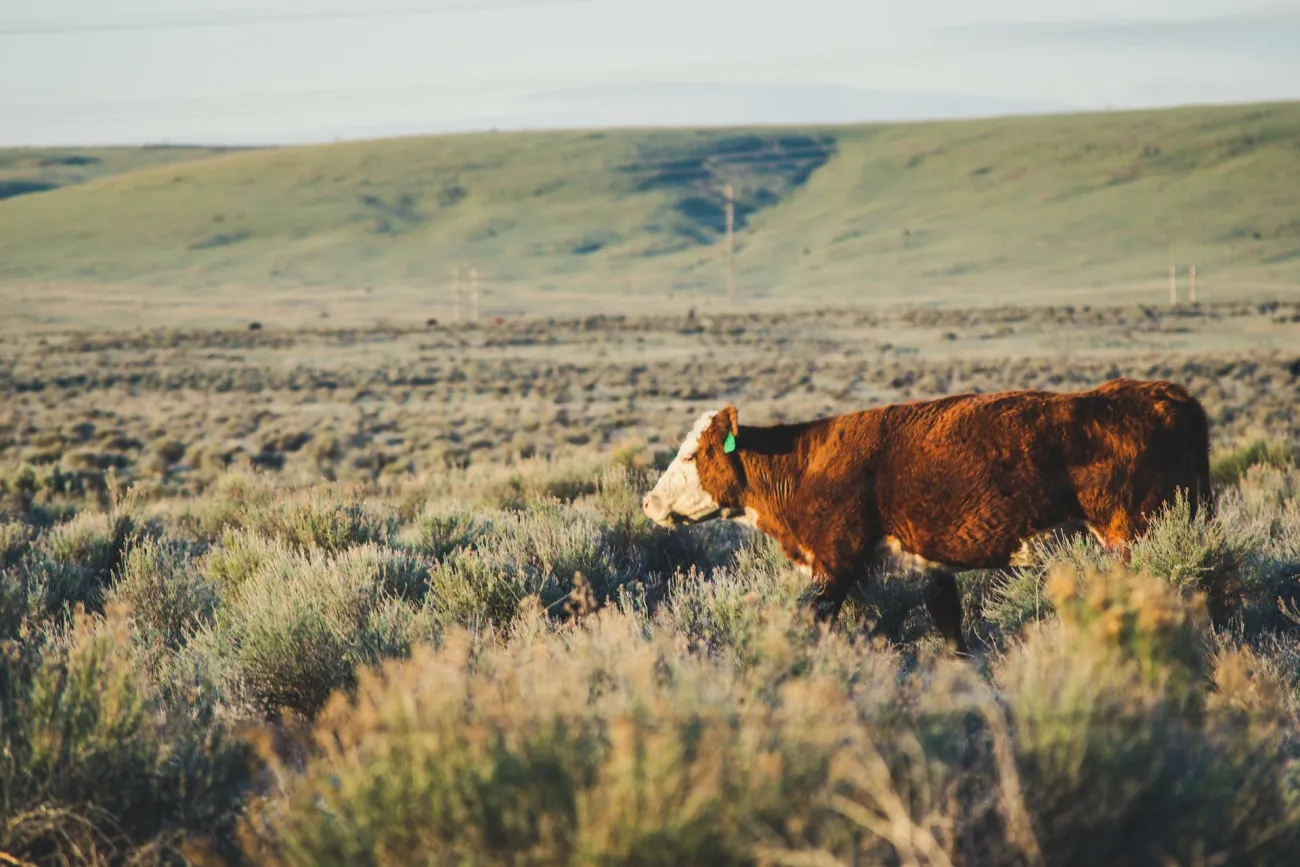The International Dairy Federation (IDF), the UN’s Food and Agriculture Organization (FAO), and the IFCN Dairy Research Network (IFCN) have collaborated on an extensive study on international dairy feeding systems to explore how differences within these systems for dairy cows, water buffaloes, sheep, and goats and between large and smallholders can affect a range of issues - from the nutritional content of the milk to the level of GHG emissions involved in the production process. Each of the three organizations had differing stakes in the research.

The IDF required this data to ‘model changes in a variety of production aspects such as breeding technology, intensification, and milk composition targets’, while the IFCN was concerned with improving dairy resource efficiency. Finally, FAO sought to understand what types foods were being feed to dairy animals, concluding that their diets were largely composed of human-inedible feedstuffs.
Data across the surveys have, as far as practical, been combined into maps representing an average-sized dairy farming system for each country. A total of 47 different feeding systems were characterized. These systems differed in the total amount and composition in terms of levels of roughage, by-products and concentrate fed to dairy animals. Different countries took different approaches. The study also found that the higher the digestibility of the feed the lower the emission rates. However, the researchers emphasised that the overall environmental sustainability of different kinds of meat and dairy production hinges on a variety of other factors.
Citation
FAO, IDF and IFCN, 2014, World mapping of animal feeding systems in the dairy sector. Rome
For a full copy of the report, see here.
You can also read an article covering this report here.
For more on animal feed and dairy see our research library sections on these topics here and here.




Comments (0)